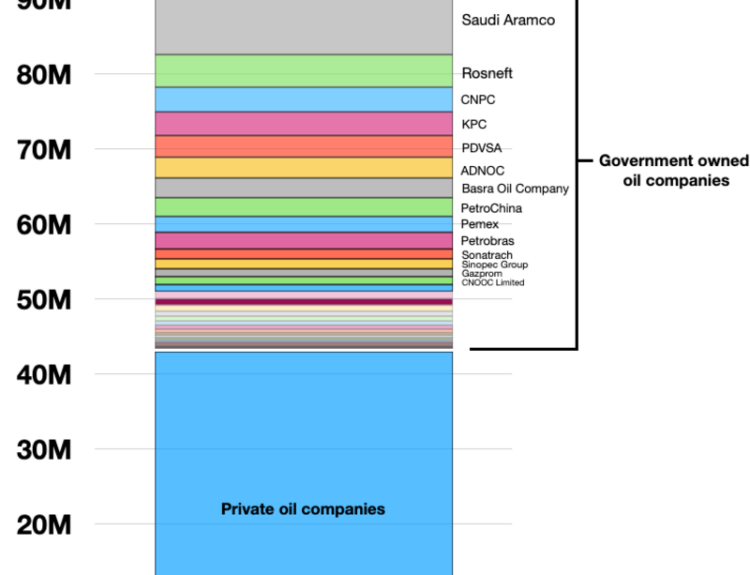Decline in revenue and rise in expenses contribute to growing deficit
- Canada’s budget deficit widened to C$6.9 billion in October
- Decline in corporate-tax revenue and rise in expenses contributed to the deficit
- Budget deficit for the first seven months of the fiscal year is C$15.13 billion
- Tax revenue fell 0.9% in October, while spending on government programs rose 8.6%
- Jobless benefits increased by 12.6% and public-debt charges surged by 73.6% in October
Canada’s budget deficit widened in October to C$6.9 billion, driven by a decline in corporate-tax revenue and an increase in expenses related to benefits for the unemployed and public-debt charges. The deficit for the first seven months of the fiscal year now stands at C$15.13 billion. Tax revenue fell 0.9% in October, while spending on government programs and day-to-day operations rose 8.6%. Jobless benefits increased by 12.6% and public-debt charges surged by 73.6% in October. The government aims to keep the budget deficit below C$40 billion for the fiscal year.
Public Companies:
Private Companies:
Key People: Paul Vieira (Author), Chrystia Freeland (Canadian Finance Minister)
Factuality Level: 8
Justification: The article provides specific figures and data from Canada’s Department of Finance regarding the budget deficit in October and the first seven months of the fiscal year. It also includes information on the reasons for the deficit, such as a decline in corporate-tax revenue and increased expenses for unemployment benefits and public-debt charges. The article does not contain any obvious bias or opinion masquerading as fact. However, it could have provided more context on the overall economic situation in Canada and the impact of the deficit on the country’s economy.
Noise Level: 7
Justification: The article provides information on Canada’s budget deficit in October, highlighting the decline in corporate-tax revenue and the rise in expenses related to benefits for the unemployed and public-debt charges. It includes specific figures and percentages to support the claims. However, it lacks a thoughtful analysis of long-term trends or possibilities and does not provide actionable insights or solutions.
Financial Relevance: Yes
Financial Markets Impacted: The decline in corporate-tax revenue and the rise in expenses related to benefits for the unemployed and public-debt charges may impact government finances and potentially affect investor sentiment.
Presence of Extreme Event: No
Nature of Extreme Event: No
Impact Rating of the Extreme Event: No
Justification: The article discusses the widening budget deficit in Canada due to a decline in corporate-tax revenue and increased expenses. While this may have financial implications for the government, it does not describe an extreme event.
 www.marketwatch.com
www.marketwatch.com 





